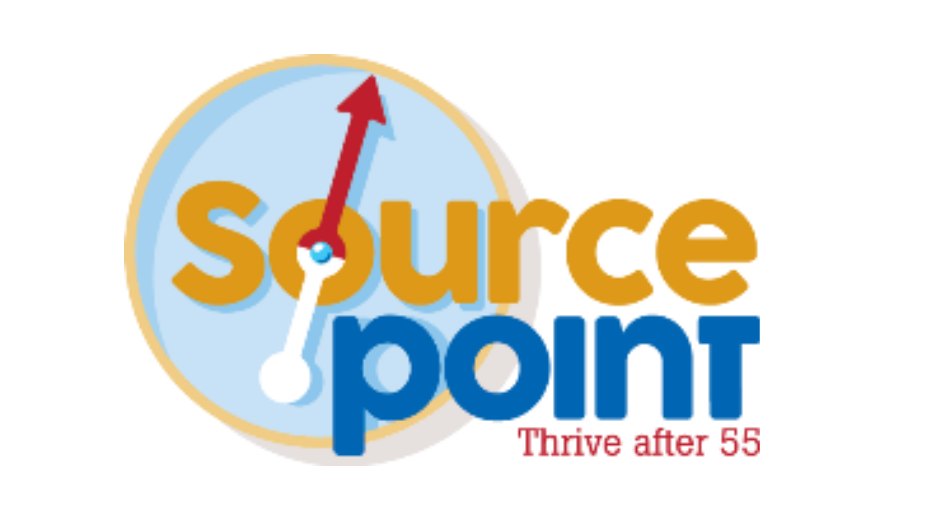By Jarren Ringle
AI, or Artificial Intelligence, refers to the development of computer systems that can perform tasks that typically require human intelligence, such as visual perception, speech recognition, decision-making, and problem-solving. The question of whether AI is good or bad is a complex one and depends on how it is developed, deployed, and used.
Does the above paragraph make sense, and does it seem correct? I think it does make sense and seems correct. It was generated by asking the AI agent from OpenAI, “What is AI and is it good or bad?” The response went on to provide examples of both good and bad.
I’ll resist the temptation to just copy the AI’s response, although I could as long as I identified the source and didn’t claim it was my response. But that points to one of AI’s many complexities. If the response was incorrect, misleading, or meant to influence is it “bad?” Is it “bad” because it didn’t come from a person or does that matter? Is fake news generated by AI any worse than fake news generated by a person? Is a scam generated by AI worse than one generated by people?
AI is already being used to prepare college themes and dissertations. It is “outsmarting” the software used to identify plagiarism. It is improving the grammar of fraud and scam emails (historically one way to spot a scam). It is using your voice or a family member’s voice to place fraudulent phone calls. Do you think creating laws to limit the “bad” uses will stop international evildoers?
Enter “What is the longest river in the world?” in a Google search. The response will be “Nile.” Enter “What is the longest river in the world?” in OpenAI and you will get: “The longest river in the world is the Nile River, located in northeastern Africa. It spans approximately 4,135 miles (6,650 kilometers) in length. The Nile River is formed by the confluence of two main tributaries: the White Nile and the Blue Nile. The river flows through eleven countries, including Egypt, Sudan, Ethiopia, and Uganda, before emptying into the Mediterranean Sea. The Nile has played a crucial role in the history and development of the civilizations along its banks, and it continues to be a vital water source for the region.”
An interesting twist to the longest river question is Bard, the Google AI, which tells me about the longest river in the world is the Amazon River. It says the Amazon River is longer because it has a larger drainage basin and carries more water. Now I am really confused… a Google search says it’s the Nile, but the Google AI says it’s the Amazon. Does anyone have an encyclopedia?
So… I haven’t answered whether AI is good or bad. I find it very interesting, and I can see many positive uses. I also see the dangers. It’s like many other things. It just depends…
In closing my AI friend provided the following insight: “It’s important to approach the development and deployment of AI with careful consideration for ethical and responsible practices to mitigate potential risks and ensure that AI technology is used to benefit humanity as a whole.” As HAL 9000 said in A 2001 Space Odyssey… “I’m sorry, Dave. I’m afraid I can’t do that.”

Jarren Ringle is a member of SourcePoint and a volunteer instructor. SourcePointers come to Jarren for tutelage on their tablets, laptops, and the most popular of all devices – cell phones. He teaches various technology classes throughout the year including one-on-one sessions and group classes. Jarren also volunteers at the Delaware County Office of Homeland Security and Emergency Management. With many years of project management experience in various technology fields, he enjoys helping others with technology.
Join Jarren in a one-on-one tech learning session at SourcePoint and/or learn how to avoid potential internet fraud traps in the upcoming Technology Talk: Fraud on Monday, June 12 from 10 to 11:30 a.m. Register in advance at MySourcePoint.org/register or call 740-363-6677.


